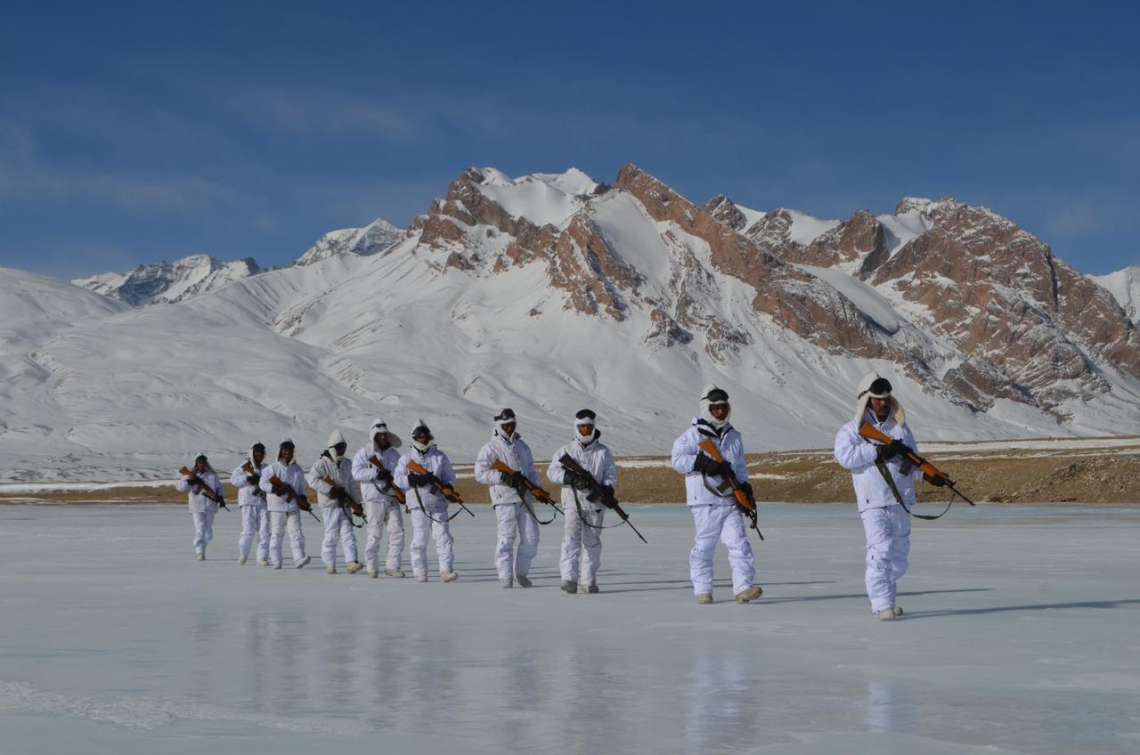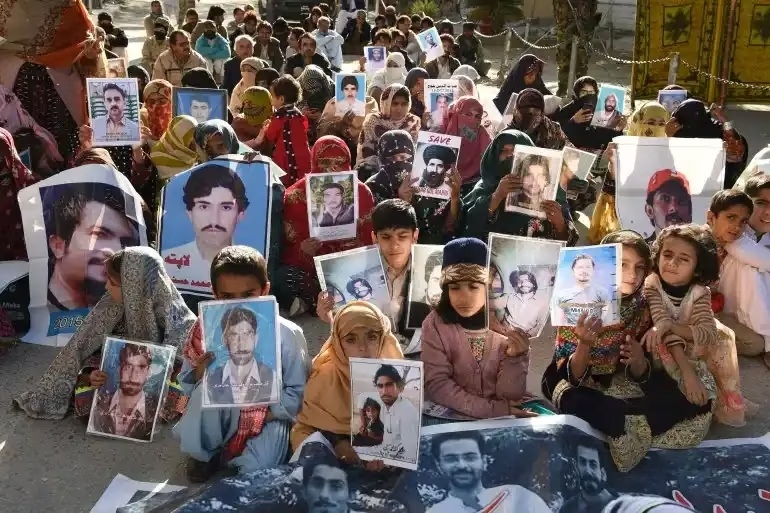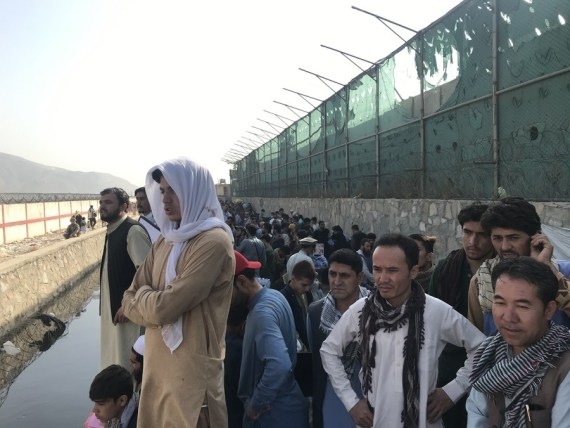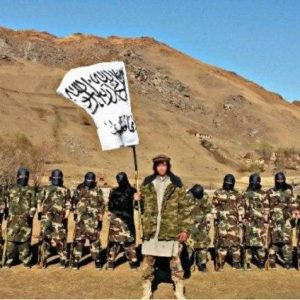Presided over by Sikyong Penpa Tsering, the conference was attended by key figures, including Education Kalon Tharlam Dolma Changra, Education Council Chair Geshe Lhakdor, and Education Secretary Jigme Namgyal
The 12th Education Council and Advisory Committee’s two-day annual conference commenced at the Kashag (Cabinet) Secretariat, focusing on the effects of strict Chinese policies on Tibetan culture and discussing strategies to preserve and promote Tibetan identity, Tibet.net reported.
Presided over by Sikyong Penpa Tsering, the conference was attended by key figures, including Education Kalon Tharlam Dolma Changra, Education Council Chair Geshe Lhakdor, and Education Secretary Jigme Namgyal.
Other attendees included Additional Secretaries Tenzin Pema and Tenzin Dorjee, Education Directors Ngawang Lhamo and Dr. Passang Dhundup, Director Tsering Dhondup, Education Officer Tenzin Rabgyal, and Professors Ven Lhakpa Tsering and Sonam Gyaltsen.
The event opened with a welcome address by Education Council Director Tenzin Pema, who introduced the conference’s agenda. In his remarks, Geshe Lhakdor stressed the critical need to enhance Tibetan education and reinforce a strong connection to Tibetan cultural values.
Sikyong Penpa Tsering addressed the audience, discussing a recent development with the USAID program. He revealed that on February 27, he sent a letter to Senator Marco Rubio and Peter Marocco, and on March 10, Senator Rubio replied, reaffirming the US government’s “unwavering support for the Tibetan cause and commitment to the struggle for freedom and justice,” Tibet.net reported.
Sikyong also spoke on the importance of nurturing children’s individual interests, encouraging them to pursue their passions beyond academics. He mentioned that some children thrive in activities like handicrafts and proposed adopting Swiss models that cater to children’s diverse talents, Tibet.net reported.
The opening session concluded with a vote of thanks from Education Council Director Tenzin Pema.
China’s strict policies on Tibetan culture include efforts to suppress traditional practices, language, and religious freedoms. The government has enforced regulations limiting the teaching of Tibetan language in schools, restricting religious practices, and promoting assimilation to weaken Tibetan identity and maintain political control over the region.
Tibetan Govt-in-Exile President slams China
Tibetan Government-in-Exile President Penpa Tsering has strongly criticised the Chinese government’s recent statement on the reincarnation of the 14th Dalai Lama, calling it a “blasphemous statement.”
Tsering said that the Dalai Lama himself has to decide where he is going to be reborn and to whom he is going to be reborn and added that it is not something that a government can decide, particularly the one who does not believe in any religion.
Tibetan spiritual leader Dalai Lama has said that his successor would be born in the “free world,” referring to areas outside of China, as reported by Radio Free Asia (RFA).
Reacting to the Dalai Lama’s comments in his new book Voice for the Voiceless, Chinese Foreign Ministry spokesperson Mao Ning called the 14th Dalai Lama a “political exile engaged in separatist activities under the guise of religion” and said he has no right to represent the people in Tibet.
On being asked about China’s statement on Dalai Lama’s comments, Penpa Tsering stated, “The communist China invaded a land that does not belong to them, then they suppressed our people and now they are saying that we should not follow our own traditions so how outrageous can you become. Not just invading a country and suppressing them, but also depriving the Tibetan people of their traditions. So, everyone knows that the system of reincarnation is very unique to Tibetan Buddhism. It is not there in other Buddhist countries also, and to believe in reincarnation, one has to believe in life after death. The Chinese government is a communist government that does not believe in any religion. So, his holiness (Dalai Lama) has always said that if the Chinese government wants to be responsible for recognising reincarnation, first they should recognise Mao Zedong’s reincarnation because he is no more with us…. If the Chinese government are really serious about reincarnation, then his holiness may be the Dalai Lama’s.”
“So, first you have to believe in these principles to practice and Chinese government’s claim that they should be golden urn. The golden urn was invented by the Chinese in 1793, in the late 18th century, and it was implemented in only one or two cases. But, before 1793, there were so many Dalai Lamas, up to the seventh Dalai Lamas, 17th century, there was eighth, ninth Dalai Lama. Before that, there was no golden urn. So, the process has been there; this is very unique, and so it depends on the individual who is going to be reborn and where he or she will be reborn. So, here in this case, his holiness the Dalai Lama himself has to decide where he is going to be reborn and to whom he is going to be reborn. It is not something that government can decide and particularly a government that does not believe in any religion so for us this is blasphemous statements coming from Chinese government,” he added.
He stated that the Chinese government talks about peace, negotiations and resolving conflicts through talks internationally. However, they are not doing it with Tibetans, Hong Kongers, Mongols and Uyghurs who live in China and accused Beijing of having double standards.














